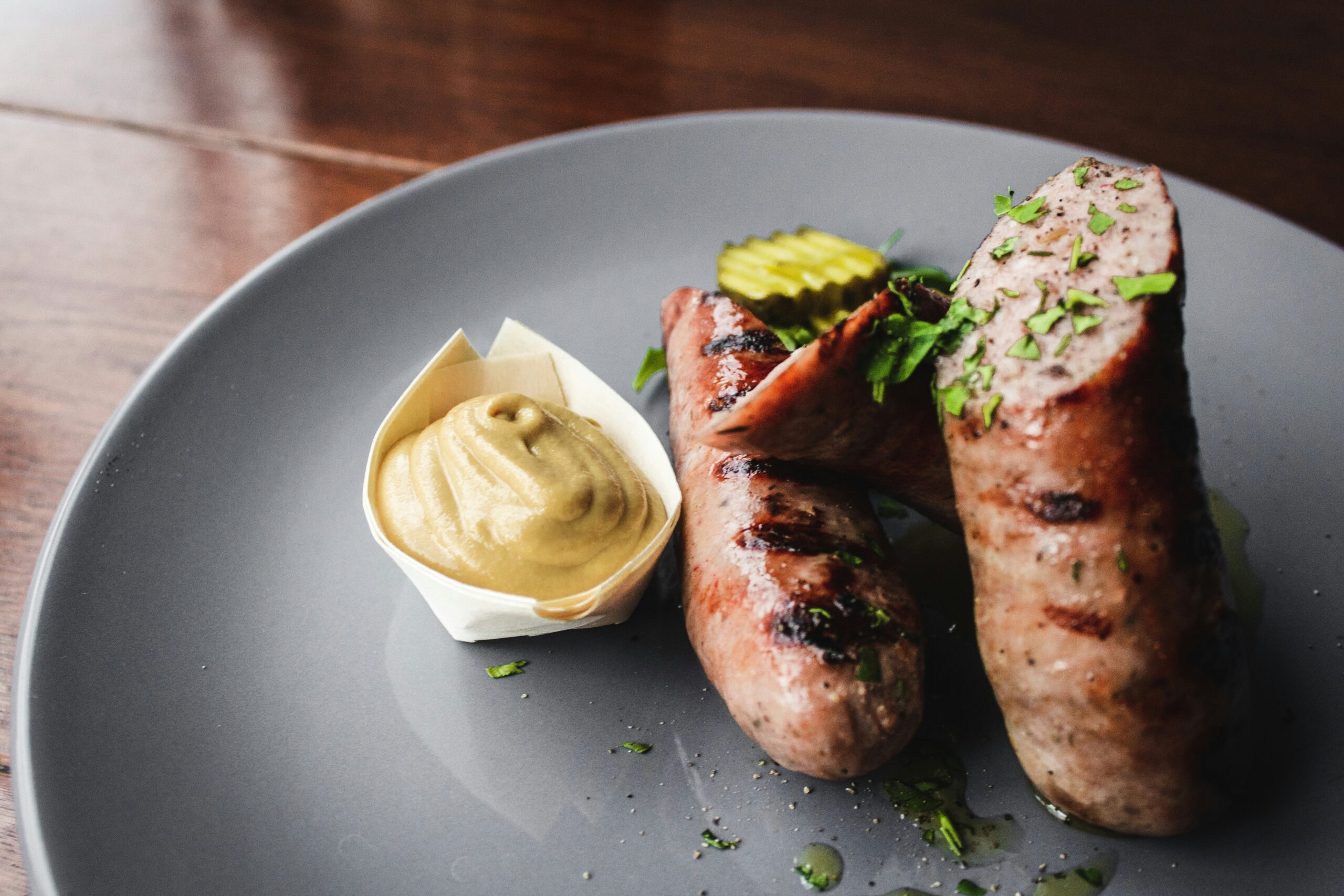Have you been considering starting a keto diet but are concerned about your current breastfeeding journey? You’re not alone in wondering whether a low-carb, high-fat eating plan is safe and compatible with providing the best nutrition for your baby. Weight loss is a goal for many new mothers, but ensuring your baby’s health and nutritional needs are met is crucial. Let’s examine this topic in detail to provide you with the information you need to make an informed decision.
Understanding the Keto Diet
Before diving into how the keto diet might affect breastfeeding, it’s essential to understand what the keto diet entails. The ketogenic (keto) diet is a low-carb, high-fat diet that involves reducing carbohydrate intake significantly and replacing it with fat. This reduction in carbs puts your body into a metabolic state called ketosis, where fat becomes the primary source of energy.
What Exactly is Ketosis?
Ketosis is a natural metabolic state. When your body is in ketosis, it becomes incredibly efficient at burning fat for energy. This process also turns fat into ketones in the liver, which can supply energy for the brain. Many people follow a keto diet to manage weight, improve mental focus, and increase energy levels.
Common Food Choices on Keto
The keto diet includes various food choices that are typically high in fats and low in carbohydrates. Here are some examples:
| Food Category | Examples |
|---|---|
| Healthy Fats | Avocado, olive oil, butter |
| Protein | Eggs, fatty fish, meat |
| Low-Carb Vegetables | Spinach, kale, broccoli |
| Dairy | Cheese, heavy cream |
| Nuts and Seeds | Almonds, chia seeds |
Now that you have a basic understanding of the keto diet, let’s explore how it could impact breastfeeding.
Breastfeeding and Nutritional Needs
Breastfeeding demands a lot from your body. Each day of breastfeeding can burn an additional 300-500 calories, depending on how frequently you nurse. It doubles as an effective calorie burner and a critical period for infant nutrition. Therefore, it is vital to focus on a diet that supports both your energy needs and the nutritional needs of your baby.
Key Nutrients for Breastfeeding
Your nutritional needs while breastfeeding are different from those of a non-lactating individual. Here’s a quick breakdown:
| Nutrient | Why It’s Important | Sources |
|---|---|---|
| Protein | Essential for tissue repair and growth. | Meat, dairy, beans, nuts |
| Calcium | Important for bone health. | Dairy, leafy greens |
| Iron | Prevents anemia and supports infant’s brain development. | Meat, legumes, fortified cereals |
| DHA (a type of omega-3) | Crucial for baby’s brain and eye development. | Fatty fish, fish oil |
| Folate | Supports cellular growth and repair. | Leafy greens, legumes |
It is crucial to obtain these nutrients through a balanced diet to support both your and your baby’s health.

The Intersection of Keto and Breastfeeding
So, the question arises—can you manage to follow a keto diet while ensuring you meet the nutritional needs laid out above?
Safety Concerns and Keto Flu
One of the immediate concerns is the potential for “keto flu,” a collection of symptoms that people often experience when starting the ketogenic diet. Symptoms can include fatigue, dizziness, and irritability, which might strain your postpartum body further. While these symptoms are typically temporary, it is essential to be prepared.
Milk Supply Considerations
A significant concern is whether a keto diet will impact your milk supply. Carbohydrates contribute to glycogen stores in the body, and these stores can play a role in milk production. While some mothers can maintain their milk supply on a low-carb diet, others might find it more challenging.
Nutrient Density
It’s also worth noting that certain keto-friendly foods may not provide the range of nutrients that both you and your baby require. For example, a heavy emphasis on fats might compromise the intake of essential vitamins and minerals.
Adjusting the Keto Diet for Breastfeeding
If, after considering the pros and cons, you’re still interested in trying a keto diet while breastfeeding, some adjustments may be necessary to ensure both you and your baby get what you need.
Gradual Carb Reduction
One approach is to reduce carbs gradually instead of making a sudden switch. This way, your body—and your milk supply—have time to adjust. Aim to slowly cut down to around 50 grams of net carbs initially and monitor how your body and milk supply react.
Focus on Nutrient-Dense Foods
Make sure to fill your diet with nutrient-dense, keto-friendly food options. For instance, incorporate plenty of leafy greens and high-quality proteins to ensure you’re not missing out on essential vitamins and minerals.
Regular Monitoring
Keep track of how you’re feeling and consult with healthcare professionals regularly. Monitoring your baby’s growth and your milk supply can help identify any issues that may need addressing.

Consulting Healthcare Professionals
Any major dietary change should come with the approval and guidance of healthcare professionals. This is even more critical when there’s a baby involved. Your obstetrician, pediatrician, or a registered dietitian can offer personalized advice tailored to your unique situation.
When to Seek Professional Help
Seek professional guidance if you notice any of the following:
- A significant drop in milk supply
- Slow weight gain in your baby
- Persistent feelings of fatigue or dizziness
- Nutritional deficiencies identified through blood tests
Real-Life Experiences
Hearing from other mothers who have tried the keto diet while breastfeeding can offer valuable insights. Here are a couple of testimonials:
Testimonial 1
“After my second child, I struggled to lose the baby weight. I decided to try the keto diet but was worried about how it might impact my breastfeeding. I slowly reduced my carb intake while focusing on nutrient-rich foods. To my surprise, my milk supply remained steady, and I even felt more energetic!”
Testimonial 2
“I attempted the keto diet when my daughter was three months old. Initially, I noticed a dip in my milk supply, so I increased my carbs a bit until I struck a balance. Consulting with my dietitian helped me a lot, and it became manageable in the long run.”
These personal stories highlight how experiences can vary, emphasizing the importance of customization and professional advice.

Conclusion
Making an informed decision about combining a keto diet with breastfeeding involves understanding the diet’s fundamentals, recognizing the nutritional needs associated with breastfeeding, and considering potential risks and adjustments. While it’s feasible for some mothers, it’s not universally suited for everyone. Consulting healthcare professionals is crucial for ensuring that both you and your baby receive the necessary nutrients for optimal health.
Being cautious, attentive, and flexible will help you navigate this journey effectively. Achieving weight loss while breastfeeding is possible, but prioritize a balanced approach that benefits both you and your baby.

